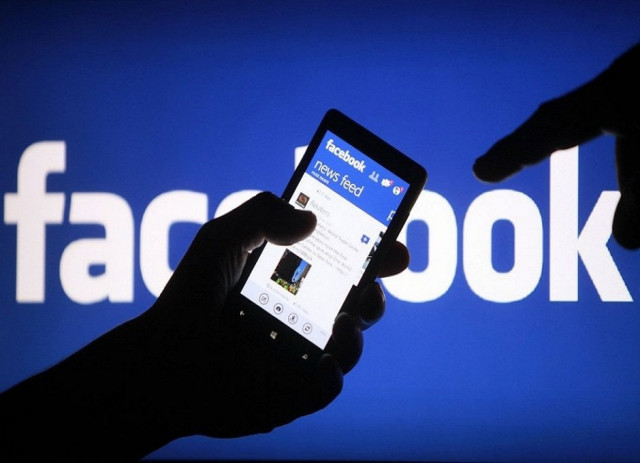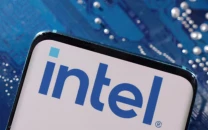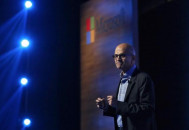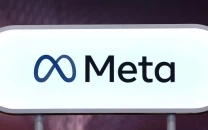US buys ads on Facebook to fight extremists
Facebook's detailed metrics for advertisers helps govt campaign reach people who might be groomed online by...

PHOTO: REUTERS
But the US has found this year that online ads on media like Facebook, rather than posts, are a cost-effective way to fight the extremist propaganda of the Islamic State and other such groups.
Michael Lumpkin, the State Department's point man in the "soft power" fight against extremists, said Thursday at the Defense One Summit in Washington that Facebook's detailed metrics for advertisers helps the government campaign reach its targets -- people who might be groomed online by jihadists.
Islamic State Twitter accounts hacked, replaced with gay pride and porn
"Using Facebook ads, I can go within Facebook, I can grab an audience. I can pick country X, I need age group 13 to 34, I need people who liked Abu Bakr al Baghdadi or any other set, and I can shoot and hit them directly with messages," he said.
"In some places in the world, it's literally pennies a click to do it," he said.
Lumpkin is the Coordinator of the Global Engagement Center at the State Department, a unit focused on both conducting its own campaigns against extremists and coordinating with other groups to the same end, especially in on-line and mobile spaces.
Twitter axes 235,000 more accounts in terror crackdown
He said that the detailed user data that social media giants collect is crucial in identifying his target audience, on the social media that they prefer.
"That's why these Facebook ads that I mentioned are kind of a fundamental change for us: for very low investment we can be highly targeted towards the enemy."
Facebook, he noted, offers the government access to affordable amassed and collated user data for singling out target groups and individuals for the anti-extremism ads the US government runs.
"The best I can do right now is to have access to big data and to use the analytics tools on the social media platforms, the Facebooks and the others," he said.



















COMMENTS
Comments are moderated and generally will be posted if they are on-topic and not abusive.
For more information, please see our Comments FAQ